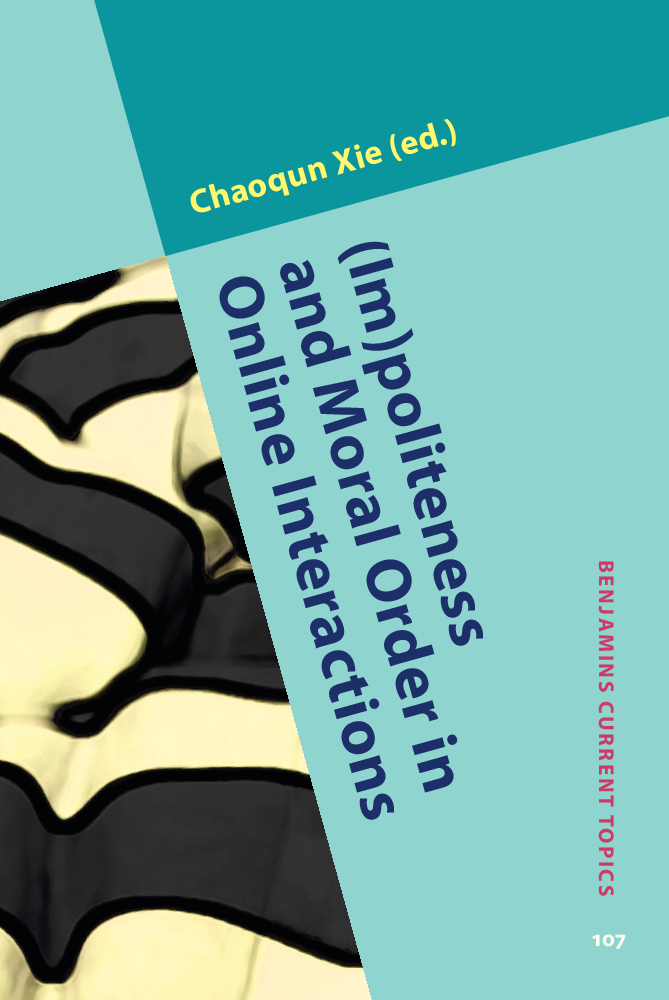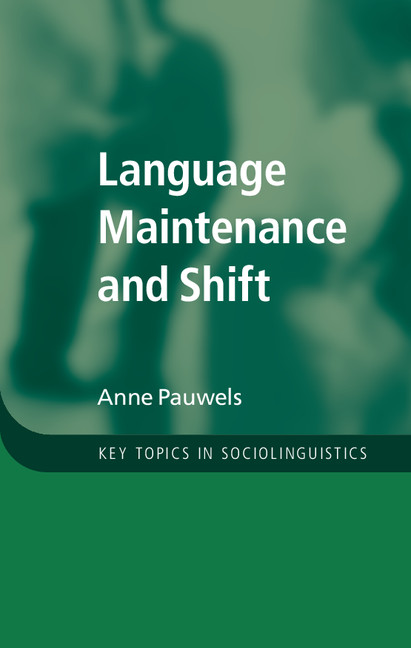(Im)politeness and Moral Order in Online Interactions
(Im)politeness and Moral Order in Online Interactions
This study overviews the phenomenon of the meta-conventionalisation of interpersonal practices in the context of computer-mediated communication. The term ‘meta-conventionalisation’ refers to the coding of the conventional interpersonal p...
Read more
This study overviews the phenomenon of the meta-conventionalisation of interpersonal practices in the context of computer-mediated communication. The term ‘meta-conventionalisation’ refers to the coding of the conventional interpersonal practices of a particular group, or various groups, in the form of entertainment as films and novels. The word ‘meta’ refers to the fact that such pieces of artwork narrate a set of conventional practices from a quasi-observer point of view, without involving their audience in these practices as language users – in this sense they are different from good practice guides (typically described as ‘netiquette, in the context of e-pragmatics), which assume that readers will internalise the practices they describe. Meta-conventionalisation has been an understudied phenomenon, in spite of representing an important aspect of our daily lives. We illustrate how this phenomenon operates by examining a Japanese case study: a popular novel which features the online interactions of a group of otaku, that is, asocial young people who lock themselves up and interact in highly specific ways.
Less











.jpg)















